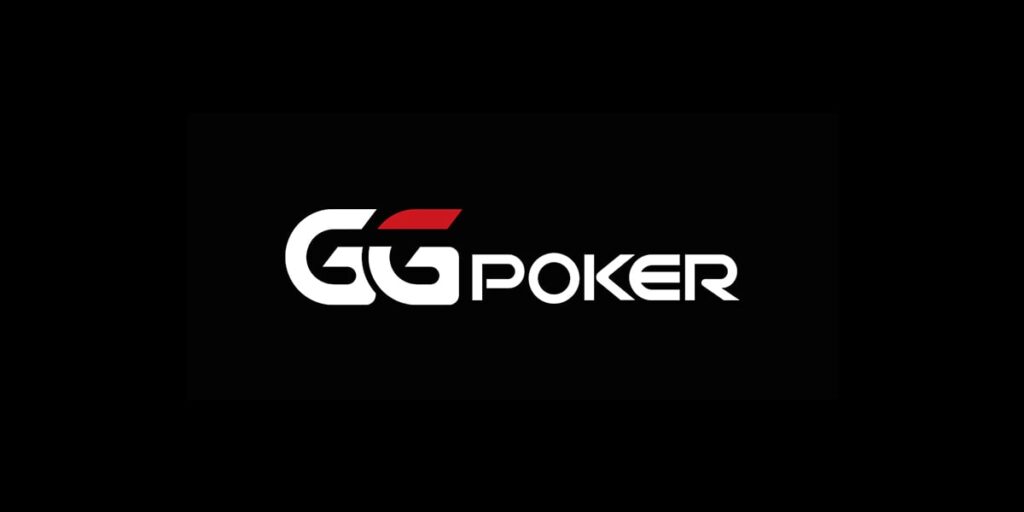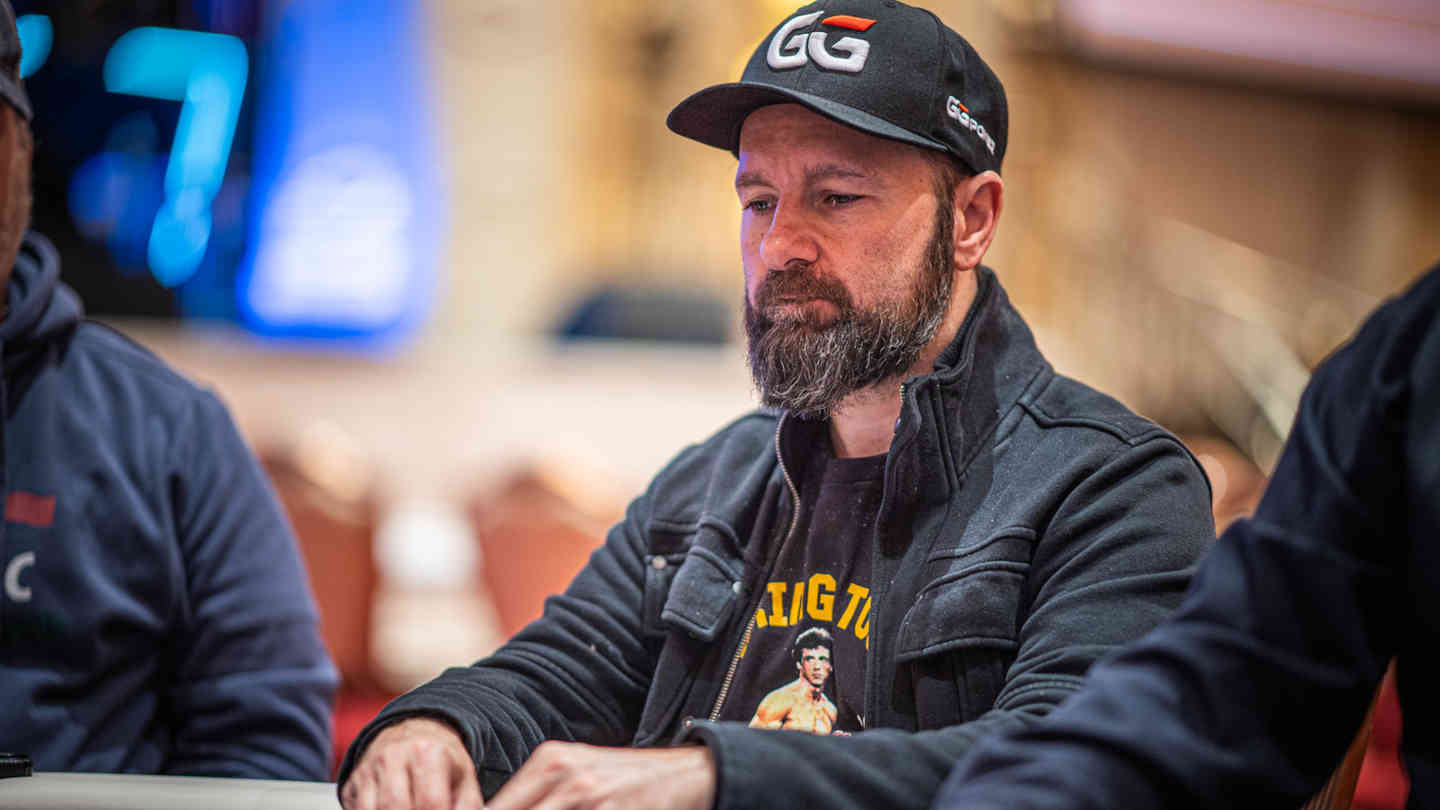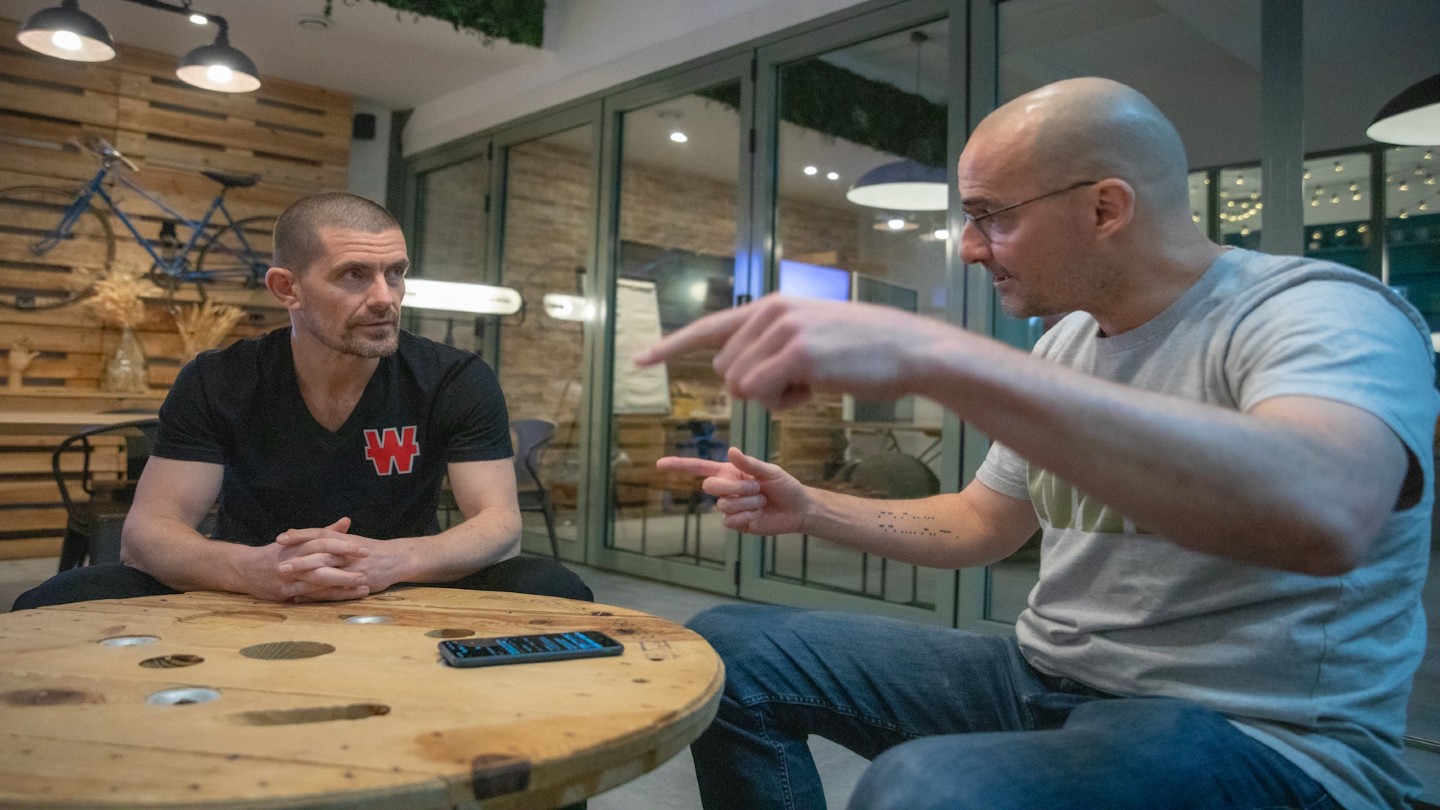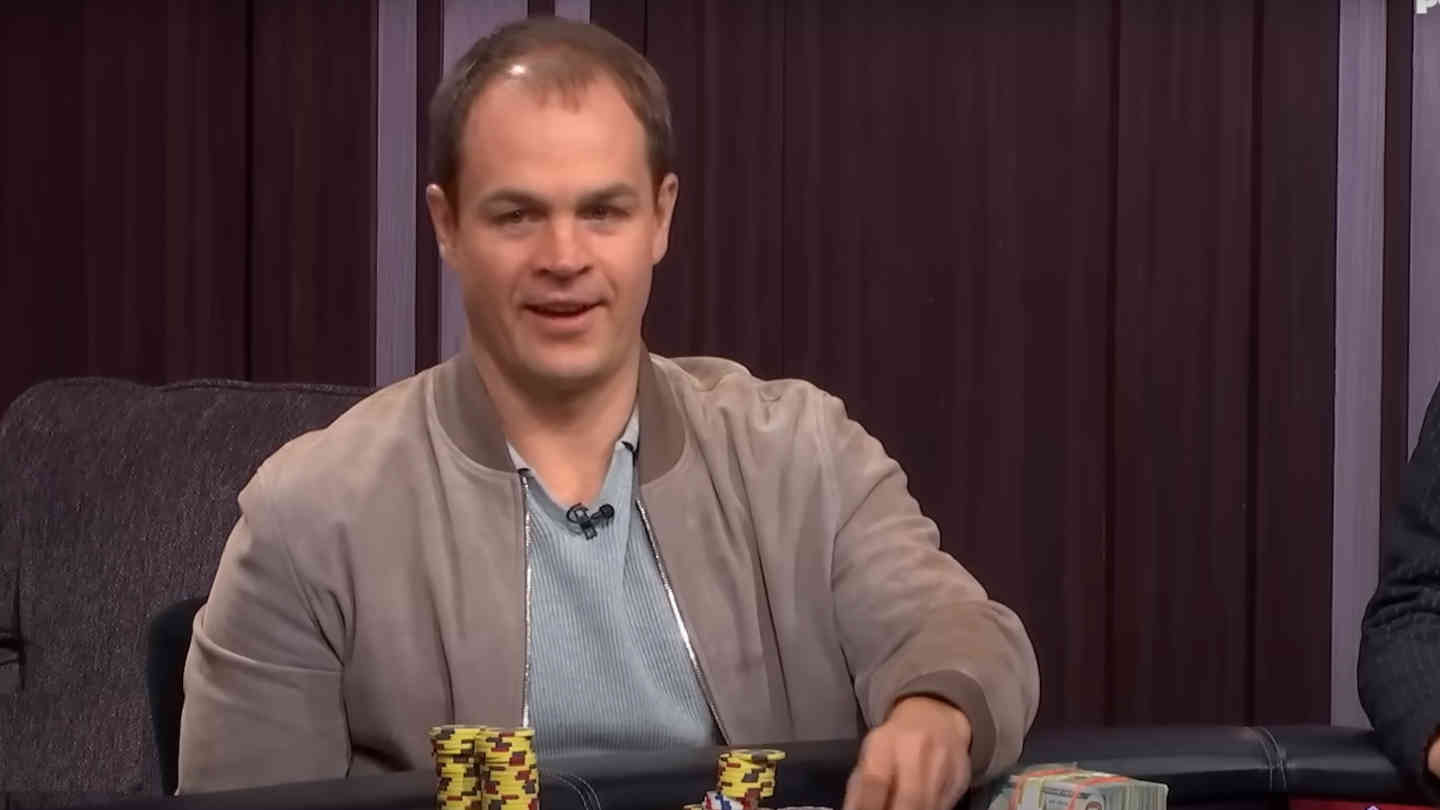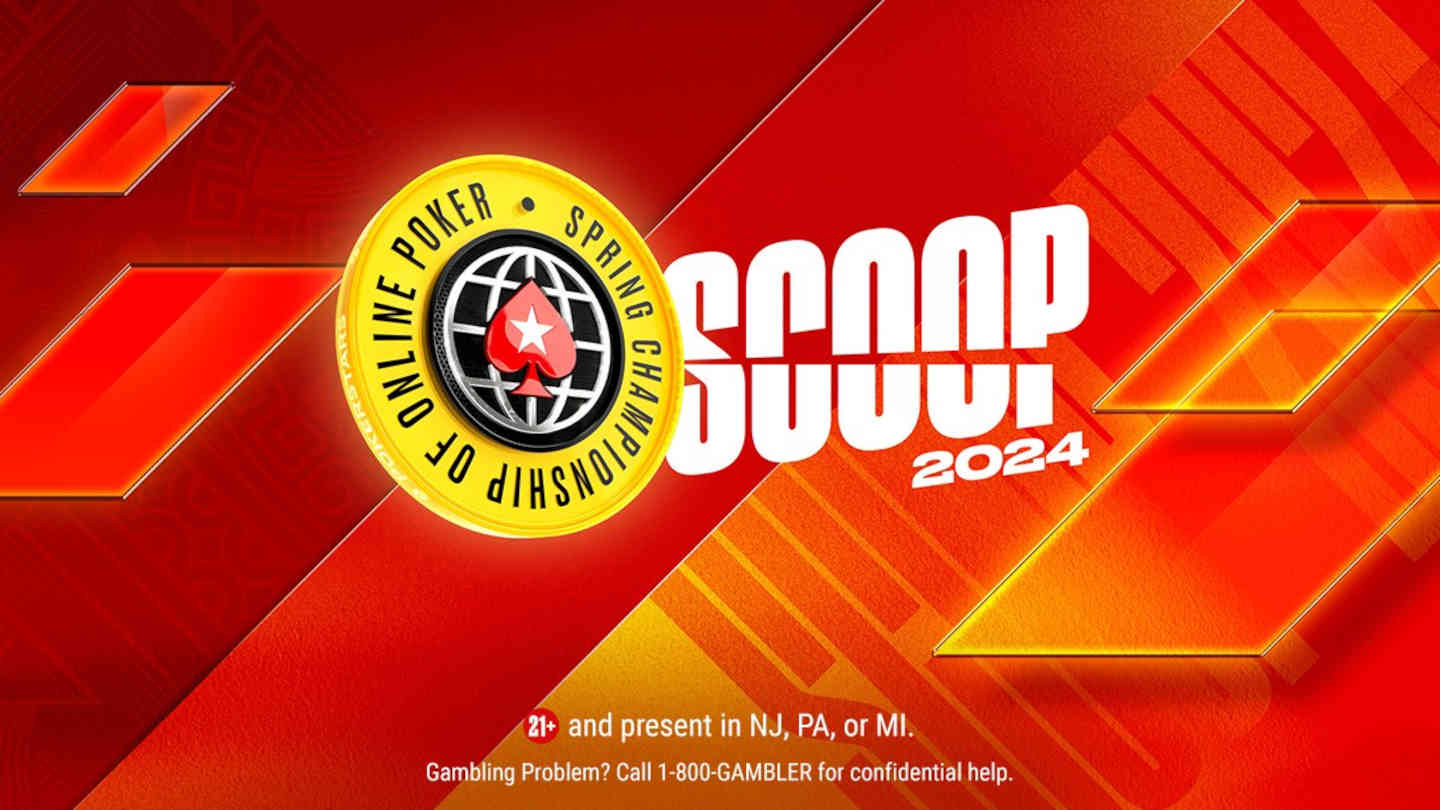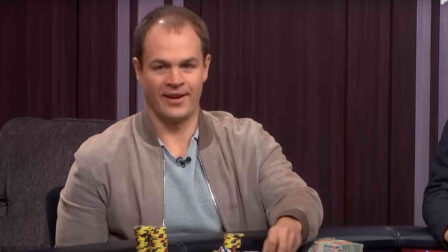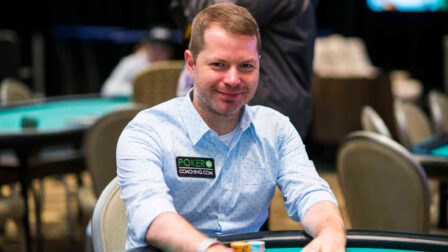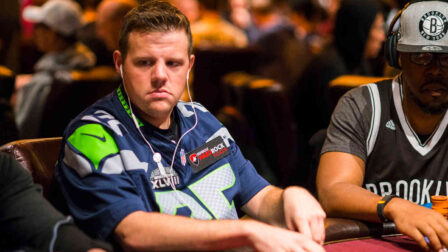How to Combat Poker’s Stigma in a Skeptical Society

6 minutes
Last Updated: August 27, 2023
We are at a crossroads with how gambling activities are viewed by society. In the United States, games of skill have been distinguished from games of chance in most states and have received more favorable legal treatment as a result.
Daily fantasy sports have been legalized in 45 states. Even sports betting has become legal in 37 states. But despite its greater skill component, online poker is only legal in six states as of 2023.
It can be argued that this is merely because online poker does not have the same powerful lobbyists pulling strings as DFS and sports betting. Or, maybe, the states just don’t see the same revenue potential, so it is less of a priority to legalize it.
Whatever the reasons may be, there is no denying that in the midst of its inconsistent legal treatment, poker still carries a stigma within society.
This is significant because it can sometimes discourage new players from joining or even cause existing players to give up a hobby or job that they love. Let’s examine some of the ways this manifests as well as some ideas for destigmatizing the game.
Professional Skepticism: Reject the Notion of a Resume Gap
Many professional poker players feel as though the skills and expertise they have built through poker are like a currency that is not accepted by society at large. Their knowledge falls within a very specific niche that can be hard for non-players to relate to.
When they successfully move up in stakes, they cannot speak about it in the same way that someone in a more conventional job can share a promotion.
Sometimes a previously successful professional poker player decides to change careers and join the more conventional workplace. This process is not as simple as listing all their great poker accomplishments and skills on a resume as many employers remain close-minded about this unconventional experience.
Instead, these players are often forced to conjure up a story to explain a resume gap in a socially acceptable manner. The fact that this exercise is even required cuts to the heart of society’s problematic perception of poker.
Combat the Stigma
Employers need to realize that they already value the skill set of a professional poker player in different words.
They cite traits like quantitative backgrounds, strong analytical reasoning, risk management, and emotional resilience as desired characteristics in numerous job descriptions.
Poker players should recognize that the slightest bit of educating others in how their experience translates to other jobs can help keep their options open down the road.
They should never feel as though they are pigeon-holed into playing poker for the rest of their careers now that they have a resume gap from the 9-to-5 world. In reality, they have immense transferable skills that just need to be framed properly.
Personal Skepticism: Prepare to Be Doubted
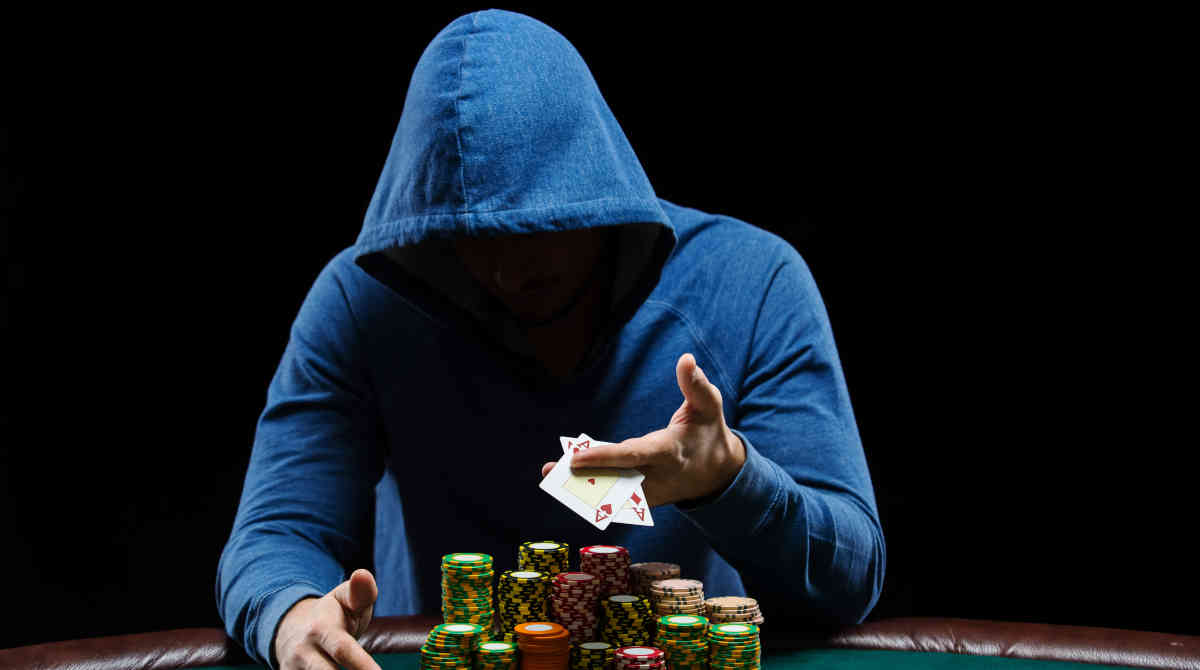
When poker professionals are asked what they do for a living, some non-players will have strange reactions when they hear the answer.
They may ask impertinent follow-up questions like “Can you really make money doing that?” or “Do you have a good poker face?” Some may even ask about whether poker players pay taxes.
All of this just goes to show how many non-players view poker: It’s a game they learned as kids that they never took very seriously or even considered could be a real job.
The simplicity of learning the poker rules belies the strategic depth of the game and the difficulty in becoming a long-term, profitable player.
Combat the Stigma
If you sense these questions are coming from an innocent place and the person genuinely wants to learn more, answering them in a patient, non-defensive way will help educate them.
You can explain that unlike roulette, slots, or other casino games, poker is beatable for significant money because it is not played against the house.
You can mention that while having a good poker face does help, it’s more important to have good logical reasoning skills, know the math of the game, and understand human psychology.
And yes, you can mention that you still need to pay your taxes. While it’s true that a lot of poker income is self-reported (the process is different for large tournament scores), that is not any different from being a contractor or running a small business.
Moral Skepticism: Recognize Moral Judgment Is Misplaced

Negative comments about the morality of playing poker are not as common as some of the other things mentioned previously (people might be more inclined to keep these to themselves).
Nevertheless, from time to time, someone may insinuate that poker professionals are taking advantage of others while producing no societal value in return. The implication is typically that poker is an unworthy profession and the antithesis of an honest living.
It may be very difficult to have a productive conversation with someone that already has this negative of a stance about poker. Sometimes that stance is informed by their religion where any type of gambling is completely taboo.
Other times, they had a friend or family member that suffered from a gambling addiction, and they view you as complicit in similar negative situations.
Even for the most hardened of poker professionals, some of these attitudes can take a toll and become mental game leaks if no internal resolution is found.
Combat the Stigma
While it may be uncommon to have a full-fledged philosophical debate with someone about these issues, it is important to overcome any of these stigmas within yourself before sitting down at a poker table.
Otherwise, forces like guilt, inner conflict, and self-sabotage can dramatically affect your results. It can be helpful to acknowledge that our society readily accepts many professions that involve taking a risk on an uncertain outcome.
Poker is very much like financial trading or entrepreneurship in this regard, but without the same societal acceptance.
Ultimately, any profession can be done with good or bad intentions.
If you play the game with integrity, pay taxes, and treat poker dealers and other players with respect, then you are part of a productive activity that generates money for society while providing an entertainment experience for other players.
Gambling addiction is an elephant in the room, but removing poker would not solve this problem. Problem gamblers are typically more attracted to get-rich-fast, continuous stimulation games like slots, roulette, or blackjack compared to slow, methodical games like poker.
If poker didn’t exist, they would almost inevitably find another form of gambling to take its place. Gambling addiction is a complex subject that extends beyond the scope of this article.
Nevertheless, it is important to recognize that casinos and poker rooms function much like liquor stores and fast food restaurants. Most people are able to enjoy them in moderation, and removing these businesses would not cure those who overindulge.
Similarly, deciding not to play poker would in no way cure these people of their gambling problems, and choosing to play does not make their problems worse.
The Bottom Line
Like most things, the activity of poker is not inherently healthy or unhealthy: Everything depends on the individual and their overall approach.
Poker could just as easily be used as a healthy activity which motivates you to exercise, get enough sleep, eat healthy, improve your mindset, and maintain a meditation practice.
In the end, the thing that really matters is what role poker is playing in your life and what behavior you are exhibiting for society to see. The surest way to destigmatize the game is by consistently being the best version of yourself both at and away from the poker table.
If you are looking to find this level within yourself consistently, Joel Wald offers high-quality private coaching and instructional videos through his PTO Poker training site.
If you have any questions, book a free 30-minute consultation with him to discuss how PTO Poker can help you achieve your poker goals! Book free consultation!






